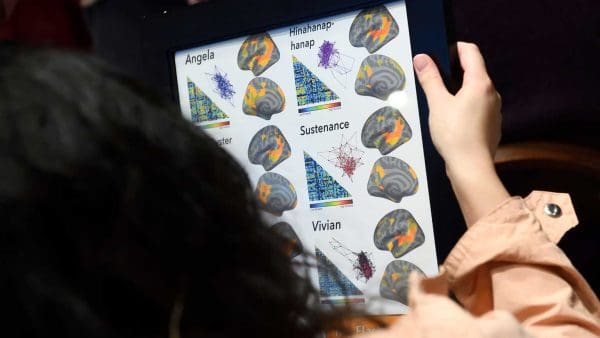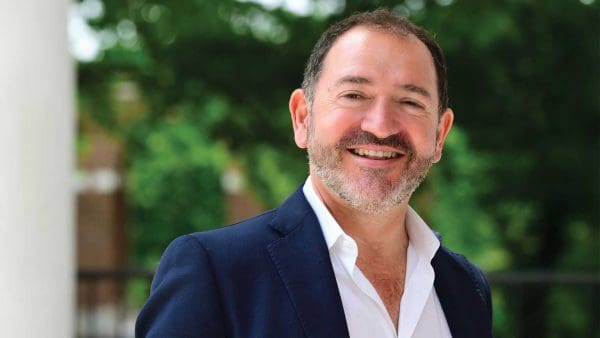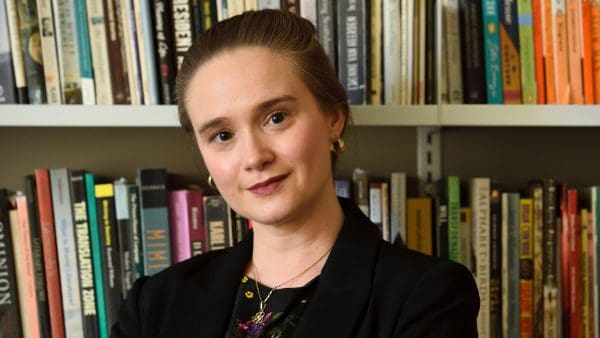
What does human health have to do with the health of the planet? A lot, says Sam Myers, a renowned expert in public health and medicine charged with leading the new Johns Hopkins Institute for Planetary Health (JHIPH).
“The health of the planet is not good,” Myers says. “In pursuit of our ambitions, all of nature has become collateral damage.”
Planetary health is a relatively new and rapidly expanding field, but it provides a useful framework for understanding—and transforming—our relationship with the planet we inhabit. Though climate change is among its concerns, the field explores more broadly how human activity is altering natural systems and contributing to what Myers calls an Earth crisis—a complex, intertangled web of environmental challenges that include air, water, and soil pollution on a global scale; marine system degradation; and accelerating declines in biodiversity. And that Earth crisis, he says, is now fueling a global health and humanitarian crisis.
Myers joined Johns Hopkins last year as a professor in the university’s Bloomberg School of Public Health. He comes to Hopkins from Harvard along with Marie Studer, the institute’s executive director; here they hope to cultivate planetary health scholarship, policy, and practice across JHU’s nine academic divisions while positioning the university as a global planetary health leader. The institute will include the Planetary Health Alliance, a backbone organization for a global community of planetary health practitioners with more than 420 member universities, NGOs, and other organizations in more than 70 countries. As the world’s first cross-university institute of planetary health, the JHIPH is uniquely positioned to work across the university and tap into existing expertise.
“The Institute for Planetary Health at Johns Hopkins could not be timelier and more necessary. I am delighted to welcome Sam Myers, a renowned leader in the field, to Hopkins, and especially honored to be partnering with Dean Ellen MacKenzie and our esteemed Bloomberg School of Public Health,” said Christopher S. Celenza, James B. Knapp Dean of the Krieger School.




